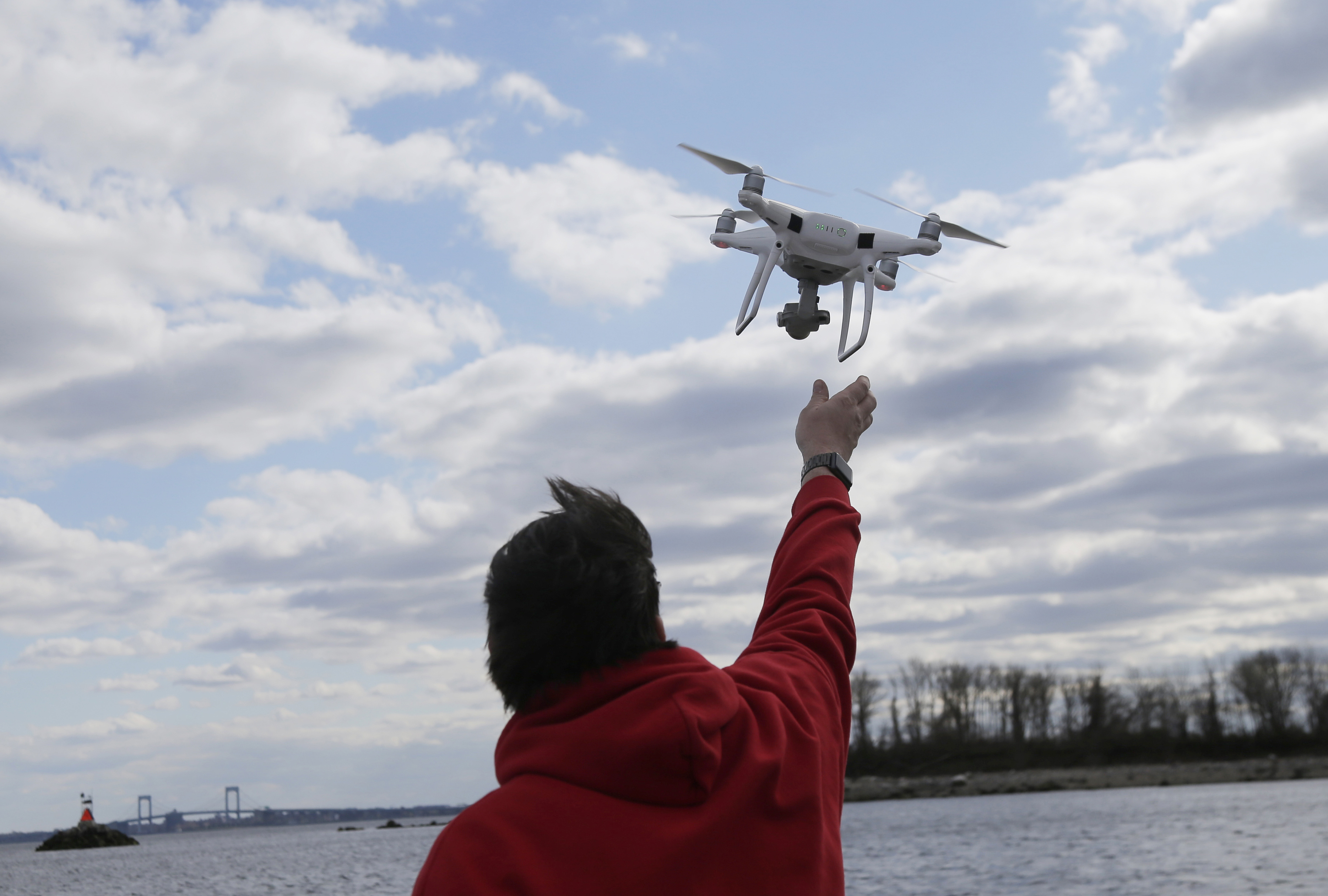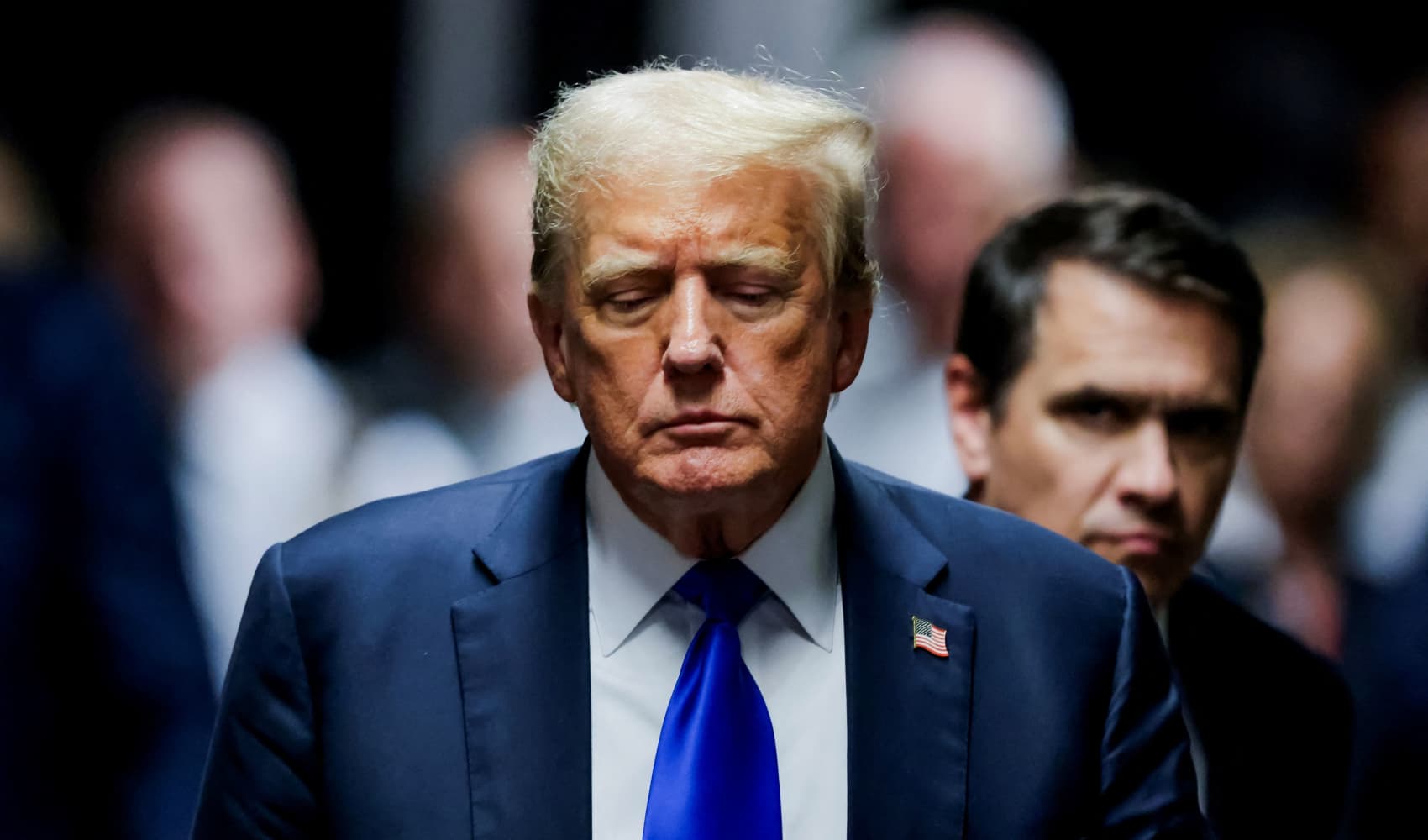Illinois Gov. J.B. Pritzker continued to shut down hope for a public financing deal with the Chicago Bears for a new stadium, stating no current proposal is acceptable to the legislature.
"Well, I've done a lot of research on this topic, but let me be clear, there isn’t much change, Pritzker said Monday. "I mean, I made it clear to the Bears' leadership that it would be near impossible to get anything done. If there was a proposal put on the table by them that could get done, you couldn't actually get it done probably during the veto session and would have to wait until next spring. But in reality, there isn’t a proposal on the table right now that would be acceptable to anyone that I know in the legislature."
In late May, the Illinois House passed a $53 billion state budget as part of their spring legislative session. However, the Bears' plans to acquire public funding for their lakefront stadium project weren't included in the funding.
It's important to note the Bears did not ask for a bill or legislation to be passed during this session. However, during the Bears stadium proposal presentation in late April, Bears CEO/President Kevin Warren was hopeful of getting something done as quickly as possible.
It's well-documented that Pritzker isn't keen on helping the Bears' stadium plans with public dollars. His press secretary called the Bears' funding plan a "non-starter for the state."
Is Warren surprised by the legislative pushback to his plans to build a new stadium with public money included?
"I would say no," Warren told Fox 32 in June . "Interestingly enough, every jurisdiction has its own way of doing business. This is exactly what I expected to do. ... This is an election year. We have people who don't have meals to eat. We have people sleeping on the street. We have a lot of complex issues that we are dealing with.
U.S. & World
"I'm a realist to understand that these projects are not something you do over a weekend."
The Bears announced in late April the plan to unveil a new, enclosed stadium on the lakefront.
Feeling out of the loop? We'll catch you up on the Chicago news you need to know. Sign up for the weekly> Chicago Catch-Up newsletter.
Bears COO and executive vice president of stadium development Karen Murphy said in the presentation that the team expects the entire stadium project to cost $4.7 billion: $3.2 for the stadium itself and just over $300 million for the infrastructure required to open it, then $1.2 billion for two other phases of development.
In March, the team confirmed it would contribute $2 billion dollars to fund the majority of the project. A slide in the presentation clarified that the number would be closer to $2.025 billion dollars. After that, the team would look to an NFL stadium program for a $300 million loan.
That leaves a $900 million gap for the stadium financing itself. The Bears plan has them looking to a bond mechanism in the Illinois Sports Facilities Authority program to make up the difference.
The Bears said a 2% hotel tax that is already in place for the ISFA should be able to make up the $900 million they need from public funds.
There wasn’t a clear answer as to where the team would get the $300 million for the infrastructure, however. Murphy said the team is still working with the state and looking into different funding sources.
If the team gets the public funding needed to open the stadium, they said there will be two more phases of development requiring public money: one to maximize infrastructure for the stadium and surrounding campus totaling $510 million, and another phase for "optional infrastructure to enhance the campus, improve circulation, and maximize public economic benefits," totaling $665 million.
Add up all three phases plus the IFSA funding, and it's nearly $2.4 billion in public money.
Chicago mayor Brandon Johnson said then that the Bears’ new plan to build a stadium in Chicago will not raise taxes on city residents.
"I'm going to repeat that one more time to make sure that everybody gets it," Johnson said after the announcement. "This project will result in no new taxes on the residents of Chicago."
It's still not clear where some of the funding will come from. Additionally, the Bears indicated they could potentially look for city money as well as state and federal dollars.
The next Illinois state budget is not until next May. But when lawmakers are seated in the winter session the Bears could see some movement in funds.



